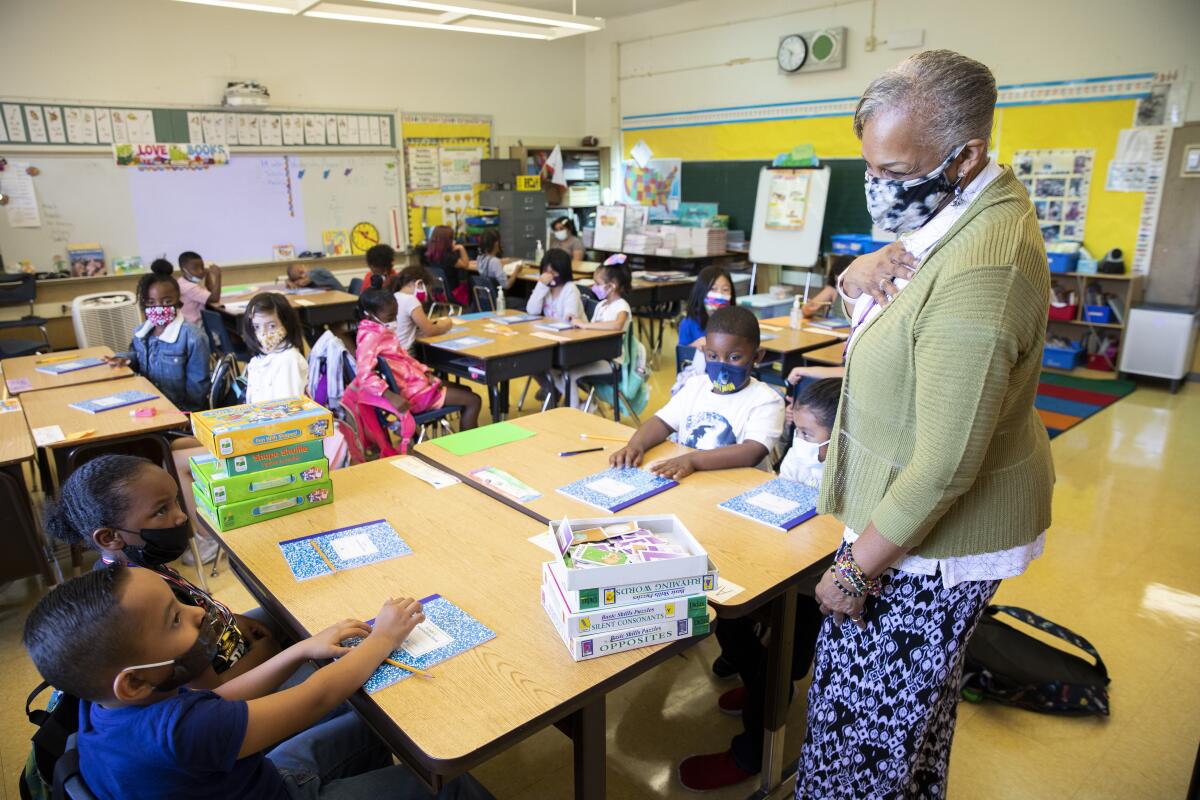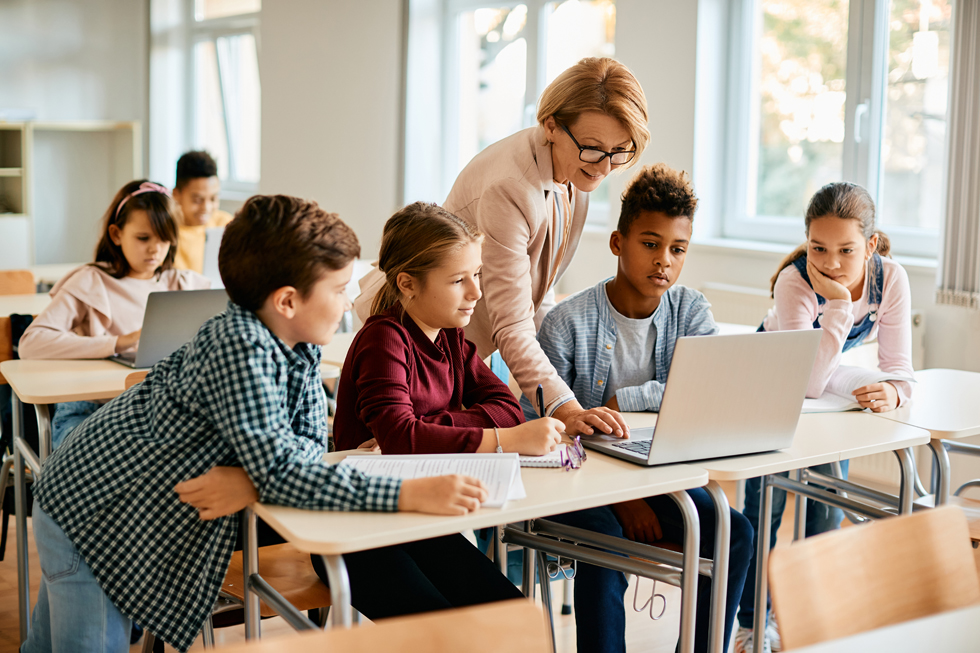The Influence of Institution Environments on Academic Success and Personal Wellness
The design of academic rooms, consisting of all-natural lights and ergonomic furniture, can boost students' focus and comfort. Exactly how can institutions tactically enhance these elements to better sustain their students?
Physical Layout and Layout
Exactly how does the physical layout and style of an institution influence scholastic success? The plan and visual of a college setting can significantly influence students' knowing results. A well-designed college format promotes ease of activity, minimizes distractions, and fosters a feeling of security and belonging. Large passages and clearly significant areas assist in smooth transitions between classes, decreasing lateness and disruption. In addition, tactically positioned typical areas encourage social communications, which are crucial for psychological and social advancement.
Natural lighting and effective ventilation systems are crucial in improving cognitive function and lowering absenteeism. Researches have actually shown that classrooms with adequate natural light enhance student concentration and lower feelings of drowsiness. Furthermore, ergonomic furnishings tailored to students' demands can stop physical discomfort, permitting for extended emphasis and involvement in academic activities.
Accessibility to outdoor spaces and cosmetically pleasing surroundings additionally play a vital duty - Save Temecula Schools. Environment-friendly spaces and properly maintained school grounds supply opportunities for workout and mental relaxation, both of which are important for maintaining high degrees of scholastic efficiency. Essentially, an attentively developed physical atmosphere can work as a driver for scholastic excellence, cultivating an atmosphere that supports both training and learning
Classroom Ambience
A positive class atmosphere is fundamental to attaining academic success. An environment that cultivates a feeling of security, inclusivity, and mutual respect encourages students to engage even more actively in their understanding procedures. The atmosphere of a classroom, including elements such as lighting, noise levels, and seating setups, can dramatically influence student focus and inspiration. A well-ventilated, well-lit classroom with minimal distractions can enhance cognitive function and minimize tension, therefore promoting better academic results.
In addition, the class ambience ought to support a society of partnership and open interaction. When pupils really feel comfy expressing their concepts and asking concerns, they are most likely to engage deeply with the material and create important assuming abilities - Save Temecula Schools. Peer communications and team activities can enhance learning by promoting and supplying varied viewpoints teamwork
In addition, establishing regular routines and clear assumptions can create an organized atmosphere that allows pupils to concentrate on their studies. By minimizing unpredictability and offering a foreseeable framework, trainees can better manage their time and responsibilities. Ultimately, a favorable classroom atmosphere not just improves scholastic performance yet additionally adds to the general wellness of pupils, preparing them for future instructional and personal ventures.
Teacher-Student Relationships
Structure on the relevance of a positive class atmosphere, the partnerships between pupils and educators play a crucial function fit academic success. A healthy and balanced teacher-student partnership promotes a learning atmosphere where pupils feel valued, understood, and sustained, which dramatically enhances their inspiration and engagement. When trainees perceive their teachers as understanding and friendly, they are more probable to take part actively in course and seek help when needed, adding to a deeper understanding of the topic.

Efficient interaction is vital to supporting these connections. Teachers who utilize open, respectful, and regular interaction create a foundation of trust fund. This trust fund makes it possible for trainees to share their concepts and problems openly, fostering a joint learning setting. In essence, strong teacher-student relationships are a keystone of academic success, playing a crucial duty in both academic success and individual advancement.
Peer Interactions
Peer communications significantly affect scholastic success by forming a student's cognitive and social growth. Favorable peer communications can boost a pupil's motivation and engagement in academic tasks via collaborative understanding and common support.

Effective peer communications additionally add to the advancement of important life skills, such as communication, dispute, and teamwork resolution. These social proficiencies are crucial for both academic success and individual health, underscoring the significance of promoting positive peer characteristics within the institution environment.
After-school Activities
Participating in extracurricular tasks plays a crucial role in a pupil's scholastic success and personal advancement. These activities, ranging from sports teams to dispute clubs, use pupils chances to sharpen useful abilities such as leadership, time monitoring, and synergy. Study continually shows that pupils that take part in extracurricular tasks have a tendency to accomplish higher academic performance. This connection is often credited to the structured setting and the technique needed to balance both academic and extracurricular commitments.
Additionally, extracurricular participation promotes a sense of belonging and community, which is crucial for individual health. Getting involved in team tasks enables trainees to develop and strengthen social Source networks, improving their emotional and social knowledge. These interactions are vital for developing interpersonal skills that are valuable in both scholastic and future professional settings.
Furthermore, extracurricular activities offer a constructive electrical outlet for trainees to explore their passions and enthusiasms beyond the basic educational program. This expedition can lead to the exploration of new talents and possible occupation paths, better encouraging students to involve more deeply in their academic job. To conclude, the duty of after-school activities extends past simple recreation; they are indispensable to promoting an all natural educational experience that promotes both scholastic success and personal growth.
Final Thought
In amount, the influence of institution settings on both academic success and individual health is profound. Attentively created physical formats and class, along with favorable teacher-student news relationships and constructive peer communications, significantly boost trainee motivation and involvement. Furthermore, the presence of encouraging educators can alleviate stress and anxiety, cultivating a supporting atmosphere conducive to alternative advancement. These elements collectively underscore the relevance of developing and keeping optimum college settings for the advantage of pupils' scholastic and personal growth.
Inevitably, a favorable class environment not only enhances scholastic efficiency however likewise adds to the overall health of pupils, preparing them for future academic and personal ventures.

Comments on “Why It's Vital to Rally With Each Other to Save Temecula Schools”